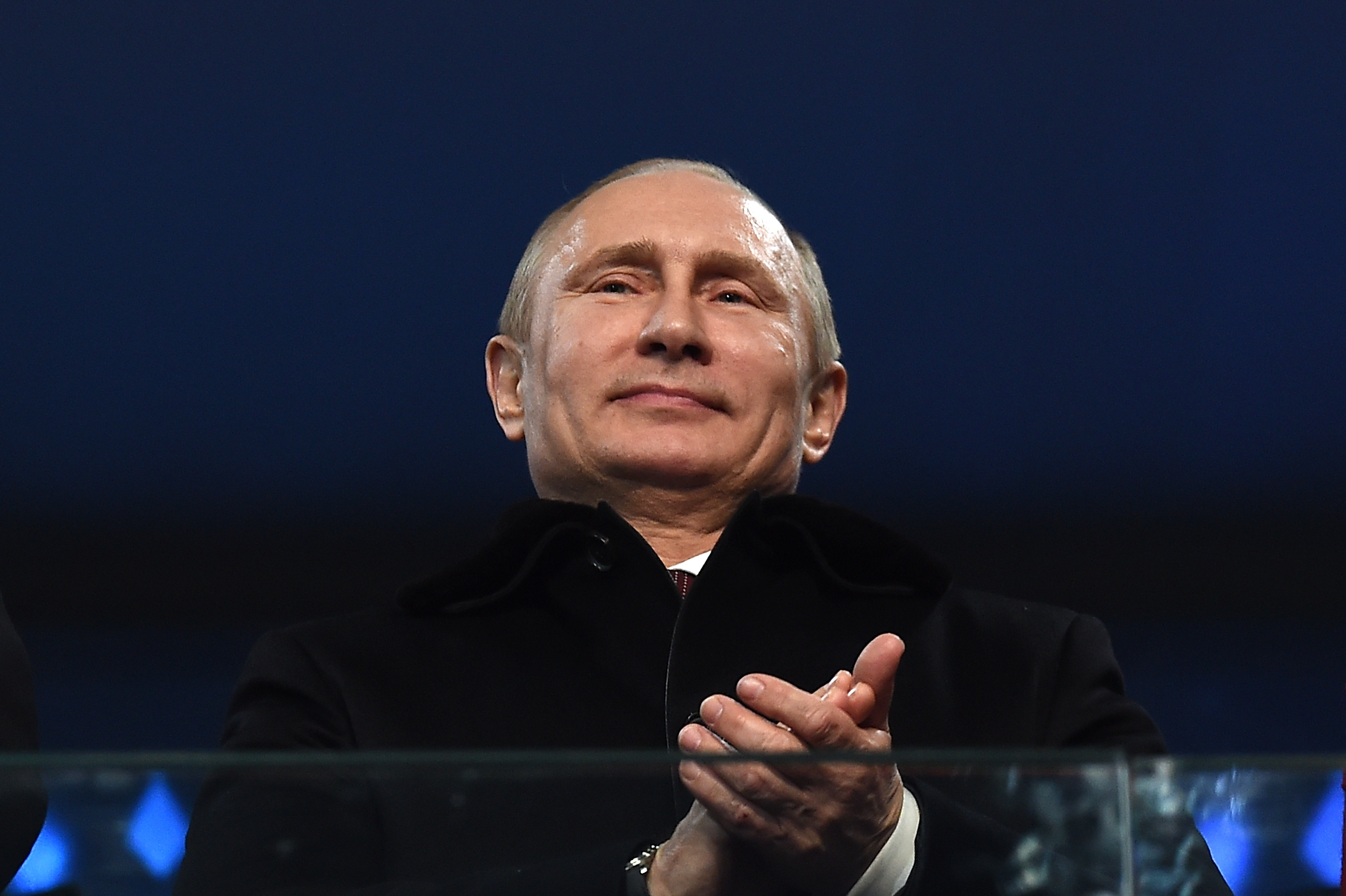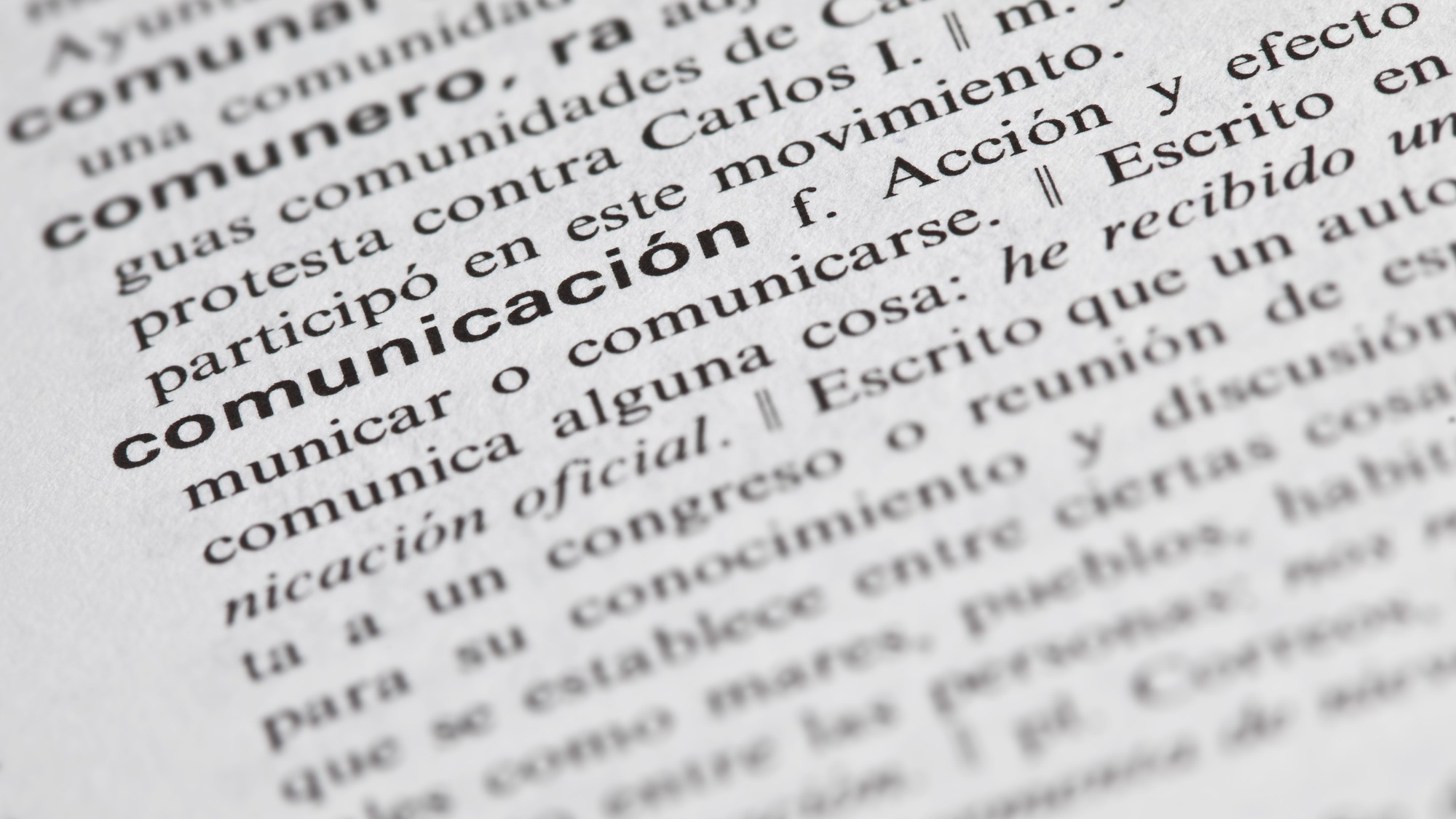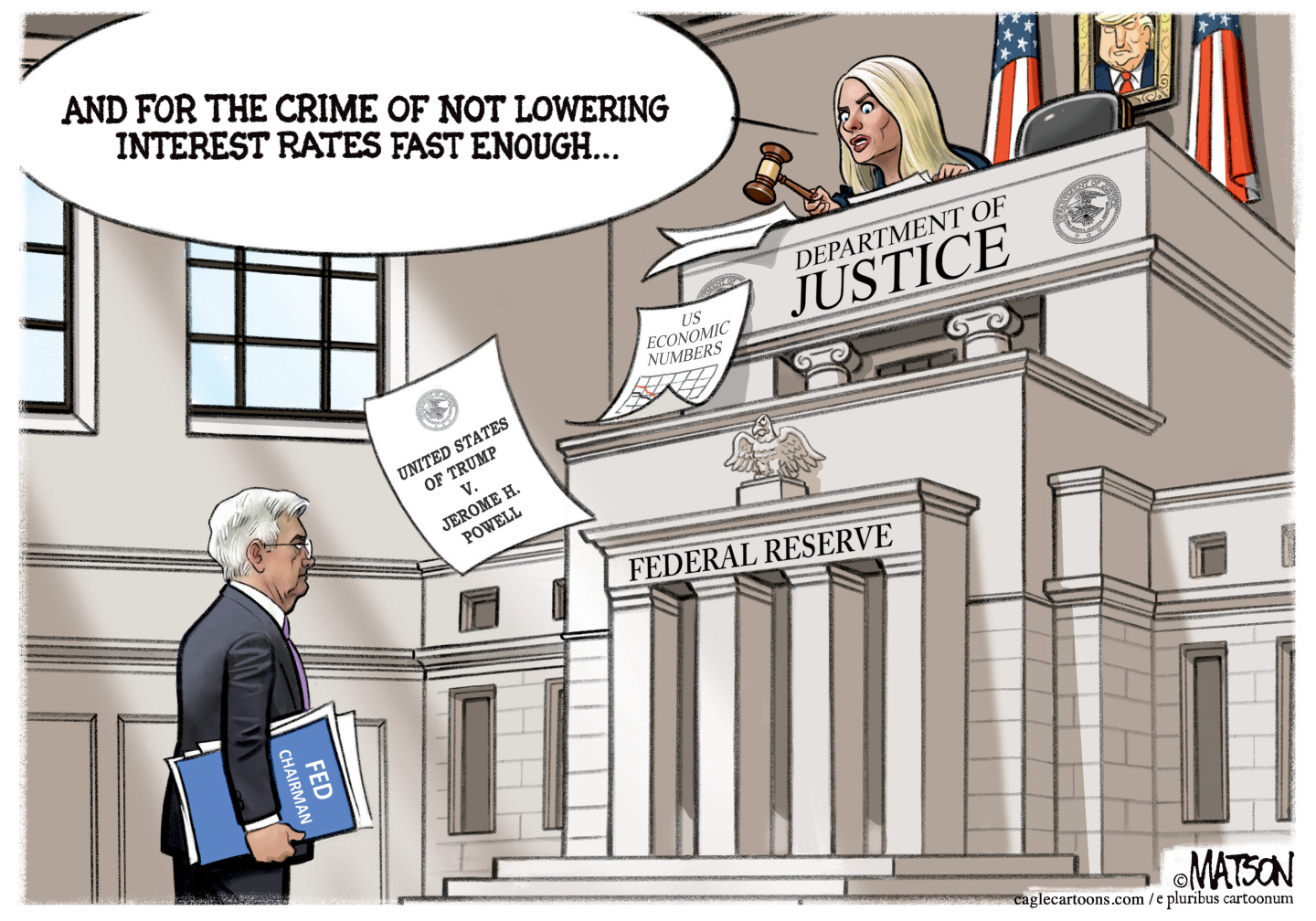Vladimir Putin is trying to take down liberal democracy — and he might be winning
Russia's leader is creating an ideology to challenge the very values of the West


American politics is getting stranger with each passing day.
It says something about this election cycle that the story of Vladimir Putin apparently trying to meddle with the U.S. presidential race by hacking the DNC and releasing emails to make Hillary Clinton look bad has faded from the headlines. It is just one more surreal item in a year filled with scandal and absurdity.
But that doesn't change the fact that Russia is trying to use democracy's tools against it. According to the FBI, Russian hackers have penetrated several state election systems. And it's become clear that Putin's goals are much broader than simply trying to influence an election to gain short-term geopolitical advantage.
The Week
Escape your echo chamber. Get the facts behind the news, plus analysis from multiple perspectives.

Sign up for The Week's Free Newsletters
From our morning news briefing to a weekly Good News Newsletter, get the best of The Week delivered directly to your inbox.
From our morning news briefing to a weekly Good News Newsletter, get the best of The Week delivered directly to your inbox.
Instead, he wants to undermine the world's faith in liberal democracy entirely.
In conversations with people who know Russia well, I've learned that in and around the Kremlin, many senior Russian officials genuinely believe that there is no significant difference between the American and Russian system of government. In both cases, obscure cabals of power-brokers and oligarchs vie for power behind the scenes, dressing it up as democracy and self-government. They look at Rupert Murdoch's ownership of Fox News in the U.S., or the activities of the Clinton Foundation, or the influence of the Kochs on the right, and they see the same kinds of corruption they have at home. They see proclamations about "equality under the law" and the disparities of the criminal justice system, and see no difference between that and the Godfather-style scheme of government that prevails in Russia. They see a generation of young American men playing Xbox and getting fat on Doritos and see a civilization in terminal decline.
Where we see imperfections in a mostly good system, many Russians see a dark reality dressed up in a lot of propaganda. And who can blame them, when Hillary Clinton is lying about her health like a geriatric Soviet premier?
Instead, Russian officials believe in what we can only call "Putinism." Putin isn't just a regular strongman anymore. Around him, advisers have started to dress up his regime into an ideology that can challenge Western liberal democracy.
A free daily email with the biggest news stories of the day – and the best features from TheWeek.com
Putinism has several key attributes. The first is autocratic and centralized power. The second is nationalism, which justifies curtailing human rights such as freedom of the press and of association. The third is a kind of crony capitalism that combines enough relaxed regulation and low taxes to maintain a solid economy, while ensuring that no alternative centers of power can emerge. Finally, against the West's social liberalism and progressivism, Putinism encourages a focus on tradition, and traditional values, enabled by the co-opting of religion, which helps draw a contrast between macho, dignified Russia and a decadent West.
Lest you think that "Putinism" is an accident and not a playbook, turn your attention to Turkey, whose president, Recep Tayyip Erdogan, is perhaps best described as "Putin 2.0." He emerged out of an immature liberal democracy, toyed with the idea of being a Western-style leader, but quickly became an authoritarian strongman backed by a strong security apparatus and appeals to nationalism, religion, and traditionalism.
After Erdogan's transformation into Putin 2.0, something happened. Russia and Turkey had been at each other's throats over their many opposite interests, but suddenly, Erdogan and Putin became BFFs, showering each other with praise and promises of collaboration.
Today, there are many more Putin 2.0s to be found. They're in countries of the former Soviet bloc, and perhaps even in China, where Xi Jinping has embarked on a program of concentration of power and cult of personality not seen since China's economic liberalization many decades ago.
After experiencing a tremendous rise since the fall of the Berlin Wall, liberal democracy around the world has stalled. Many countries aren't liberalizing, and some are even backsliding.
Putinism is almost certainly less potent than fascism or communism, but it seeks to do the same thing: Challenge the very values of the West, and replace them. The West should recognize and react. Perhaps the most important response is to blunt the criticisms that Putinists have against liberal democracy, many of which, in the age of Clinton and Trump, are legitimate.
That will require getting our house in order. That's a tall order.
Pascal-Emmanuel Gobry is a writer and fellow at the Ethics and Public Policy Center. His writing has appeared at Forbes, The Atlantic, First Things, Commentary Magazine, The Daily Beast, The Federalist, Quartz, and other places. He lives in Paris with his beloved wife and daughter.
-
 Why Greenland’s natural resources are nearly impossible to mine
Why Greenland’s natural resources are nearly impossible to mineThe Explainer The country’s natural landscape makes the task extremely difficult
-
 The Week contest: Post-surgery Spanish
The Week contest: Post-surgery SpanishPuzzles and Quizzes
-
 Political cartoons for January 14
Political cartoons for January 14Cartoons Wednesday’s political cartoons include Jerome Powell's rap sheet, holiday bill blues, and more
-
 Why Greenland’s natural resources are nearly impossible to mine
Why Greenland’s natural resources are nearly impossible to mineThe Explainer The country’s natural landscape makes the task extremely difficult
-
 Iran cuts internet as protests escalate
Iran cuts internet as protests escalateSpeed Reada Government buildings across the country have been set on fire
-
 US nabs ‘shadow’ tanker claimed by Russia
US nabs ‘shadow’ tanker claimed by RussiaSpeed Read The ship was one of two vessels seized by the US military
-
 How Bulgaria’s government fell amid mass protests
How Bulgaria’s government fell amid mass protestsThe Explainer The country’s prime minister resigned as part of the fallout
-
 Femicide: Italy’s newest crime
Femicide: Italy’s newest crimeThe Explainer Landmark law to criminalise murder of a woman as an ‘act of hatred’ or ‘subjugation’ but critics say Italy is still deeply patriarchal
-
 Brazil’s Bolsonaro behind bars after appeals run out
Brazil’s Bolsonaro behind bars after appeals run outSpeed Read He will serve 27 years in prison
-
 Americans traveling abroad face renewed criticism in the Trump era
Americans traveling abroad face renewed criticism in the Trump eraThe Explainer Some of Trump’s behavior has Americans being questioned
-
 Nigeria confused by Trump invasion threat
Nigeria confused by Trump invasion threatSpeed Read Trump has claimed the country is persecuting Christians
